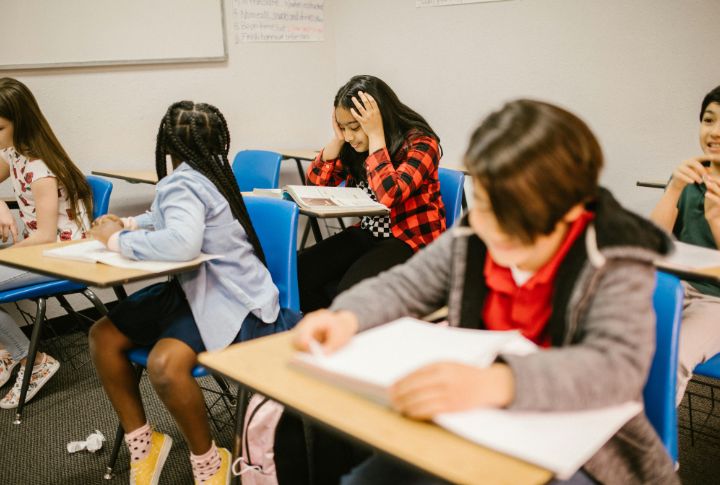Lifestyle
10 Subtle Red Flags Of Bad Parenting According To Teachers

You don’t need to be a therapist or counselor to determine whether an adult is parenting effectively or not. According to teachers, there are subtle signs you’ll never find in books that pop out when you interact with parents or kids. Here’s what teachers quietly notice—and what those signs might reveal.
A Parent Who Ignores The Teacher’s Authority

Parents who take matters directly to the principal before the teacher has a chance to intervene are walking red flags. They prefer to skip the conversation and jump straight to accusations, which disrupts classroom dynamics. Most of them end up raising kids who are masters at dodging blame.
A Child Who Constantly Seeks Adult Approval

Pay attention to kids who keep asking, “Did I do it right?” even when they know they did it correctly. Sadly, it’s more of survival than ambition, as they’re most likely under pressure to perform. They also need constant approval and compliments due to frequent harsh criticism or conditional love at home.
A Parent Who Never Attends School Events

Good parents should never be too busy for their young ones. However, some chairs remain repeatedly empty at Parent-Teacher meetings, recitals, conferences, parties, school games, and even open houses. These parents would skip with all manner of excuses or none at all. As a result, their kids fall behind socially and academically.
A Child Who’s Always Afraid To Speak

Excessive fear of speaking may indicate potential exposure to overly strict or authoritarian parenting. You’ll notice this in children who barely talk out of fear and look for approval before speaking. It’s a sign of being constantly silenced at home. Without intervention, the child may become someone who can’t ask for help even when struggling.
A Parent Who Dismisses Their Child’s Behavior

The extreme opposite of kids with overly strict or authoritarian guardians are those who constantly go against authority. Teachers report that the attitude comes from years of parent indulgence. Their parents laugh off harmful behavior with the “Kids will be kids” line or flip the blame, subconsciously teaching the child to disregard authority.
A Child Who Acts Like The Adult In The Relationship

When a child handles permission slips or explains their parent’s absence, something’s off. This role reversal suggests parentification, where the child has to “grow up” faster than normal because the parent is emotionally or physically absent. These students may remind the teacher of their responsibilities.
A Parent Who Brags About Harsh Discipline

It’s a bad sign when parents say, “If they fear me, they behave.” or “Discipline is all he/she listens to.” But that’s what some “authoritarian” parents proudly say. What they don’t know is that their children end up tense and anxious. They also tend to apologize for everything, including things they didn’t do.
A Child Who Panics Over Small Mistakes

Extreme reactions to minor errors often reflect unrealistic standards at home. Most times, young children crumble under pressure because mistakes aren’t safe at home. This flawed parenting style may raise children who are perfectionists because they don’t know any better.
A Parent Who Talks Over Or For Their Child

Ask the child a question, and the parent provides the answer. This habit stems from control issues and ultimately stifles the child’s voice or discourages autonomy. Some kids would glance at their mom or dad before daring to speak, while others would whisper. It’s dangerous because it screams, “Your voice doesn’t matter.”
A Child Who Constantly Lies About Small Things

When a child regularly lies about things that don’t need lying about—like whether they finished lunch or who moved a pencil—it may point to an environment where honesty leads to punishment. These kids often develop dishonesty as a defense mechanism, having learned that truth at home comes with fear, shame, or consequences.

